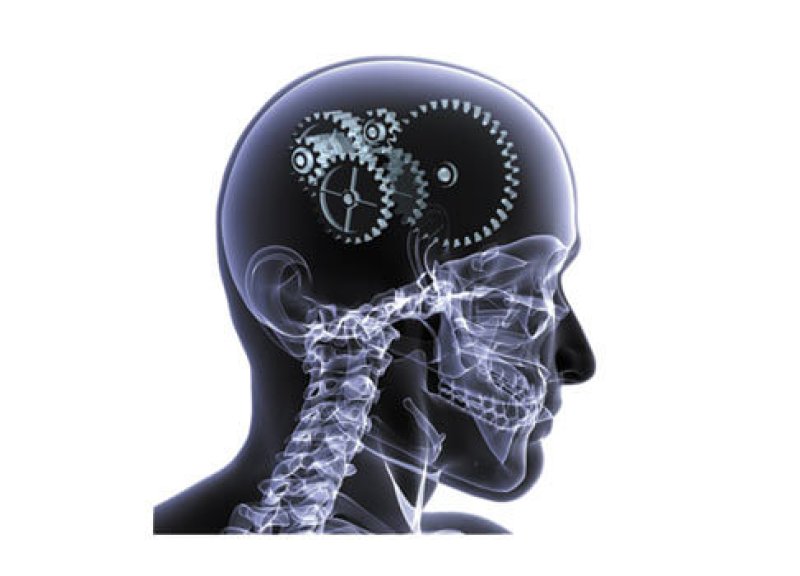Neuroscience holds the key to understanding the brain – and to developing more effective treatments for people with mental health disorders.
But if we are to translate the many neuroscience discoveries into better brain health and well-being for people globally, we will also need strategies and official recommendations on how these findings can be implemented. In a paper published in The Lancet Psychiatry, we suggest some ways that evidence from neuroscience can be used to improve global mental health.
Mental health issues are found across the world and in every population. According to the World Health Organisation, around a third of the adult population worldwide suffers from a mental disorder such as depression, anxiety and schizophrenia.
But treatments for depression and methods for preventing suicide, for example, are not evenly spread. There is also clearly a gap between mental health research and services. So it is important to find treatments for mental health disorders that can be delivered in culturally diverse low and middle-income countries, where there are challenges of poverty, stigma and a lack of clinicians with specialist training in mental health.
Read full, original article: Mental health is a global issue – here’s how neuroscience can cross international boundaries































